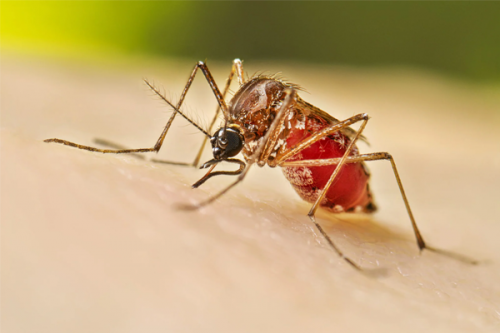Tamil Nadu commences preventive measures as dengue cases surge

Chennai, Sep 3 (IANS) Tamil Nadu Health Department has initiated measures for the prevention and early detection of dengue as the state has registered a spike in vector-borne disease cases.
The Health Department officials will hold meetings in their respective districts, create awareness among the public, monitor private hospitals to identify dengue cases, and ensure those affected are treated appropriately.
The department has mooted action plans to counter the spread of the disease which will be implemented at the micro level, including preventing water stagnation and using fogging and spraying chemicals after identifying the mosquito breeding places. This is a follow-up measure after state Health Minister Ma Subramanian held a high-level meeting of officials on Monday after an increase in dengue cases was reported.
Tamil Nadu registered an increase in dengue cases even before the arrival of the monsoon and the state Health Department has commenced implementing preventive measures against dengue and diseases like diarrhoea.
Tamil Nadu has reported 11,743 dengue cases, the highest in the past six years.
In 2023, the state recorded 9,121 cases and 12 deaths, according to Tamil Nadu Public Healthcare Department.
With the Northeast monsoon slated to hit the state in the first week of October, state Health Secretary Supriya Sahu requested the Directorate of Public Health to strengthen surveillance measures and start micro-surveillance so that any spike even in a small area would be known.
The senior officials have directed the district-level health officials to take a community approach to control the disease.
Sahu also called upon the Health Department to involve volunteers in taking preventive and control measures.
She also urged officers to ensure that water does not stagnate after the onset of the Northeast monsoon. She also asked them to develop action plans at the municipality and district levels.
Tamil Nadu Public Health and Preventive Medicine Director T.S. Selvavinayagam said that the department has already deployed 23,457 mosquito-breeding checkers and more will be roped in soon.

|

|

